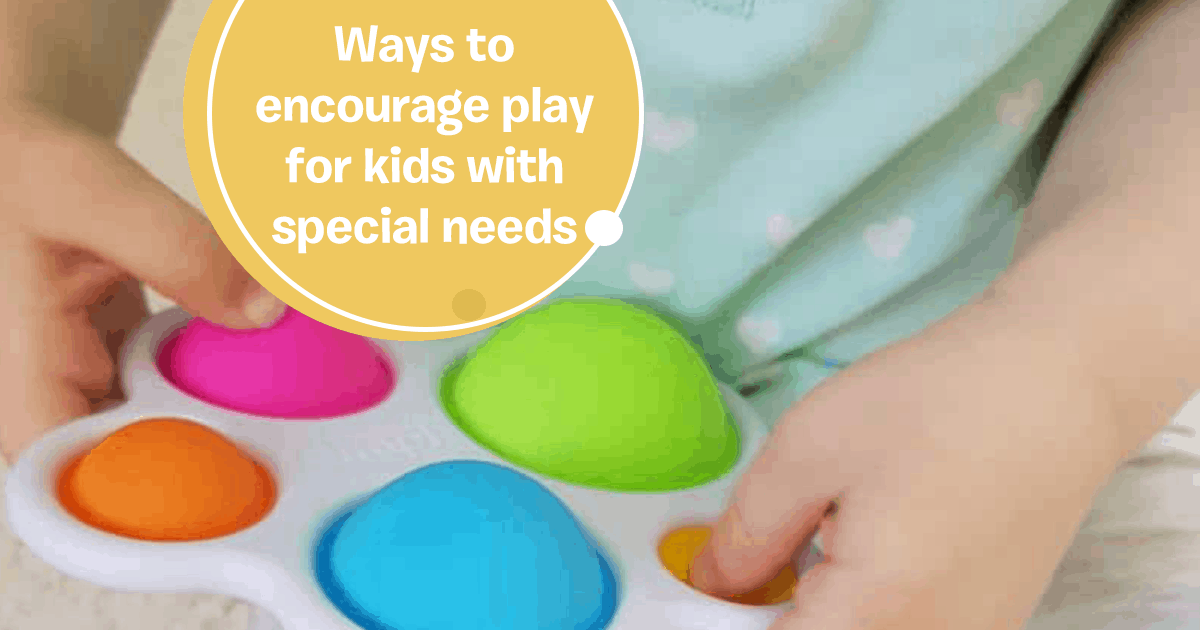
No matter what their abilities are, the best way a child can learn during their early years is through fun play. For children with special needs, learning through play is important because they need stimulation and movement; oftentimes, they can't be boxed in simple activities that only require them to sit and concentrate. However, even the joy of playing can sometimes not be enough to gain your child's attention. Their motivation to play depends on their mood and you can't force them to do it because it defeats the purpose of having fun.
Still, there are ways you can encourage your child to play and learn without seeming like you're pushing them to do so.
They will play and have fun only when they're ready. When they're in the mood for it, they will start an activity on their own. You have to be ready for this so their toys need to be accessible to them. Store a couple of their toys in a container that's easy to open, located in an area that's within their reach. This also encourages them to learn about independence because they're initiating an activity on their own.
You'll be surprised by just how creative your kids can be. Give them access to a couple of art materials and the world is theirs for the taking. When they take part in art activities often, they are able to learn how to express themselves better, as well as how to communicate with others around them. Feel free to frame and keep some of their best works!
When their senses are stimulated, children become more excited and interested to take part in an activity. This is why sensory toys and activities are encouraged for the little ones. Along the way, this is also great for their brain development. You can place a variety of sensory toys on a tray for them to have easy access to. You can try toys like suction cups, sponges, balls, etc.
There are no rules when it comes to playing. A certain toy may be designed for a specific purpose--but who's to say that's the only way it can be played with? If a child wants to use a ball as an action figure for their imaginative play, and an action figure as a "weapon" to knock down some bowling pins, don't be the first in line to correct them. Let them express themselves through play and make their own rules. When they are often told they are wrong, they lose their confidence and motivation to continue playing.
How do you approach your child to have fun while playing? Do they often play with others or on their own?